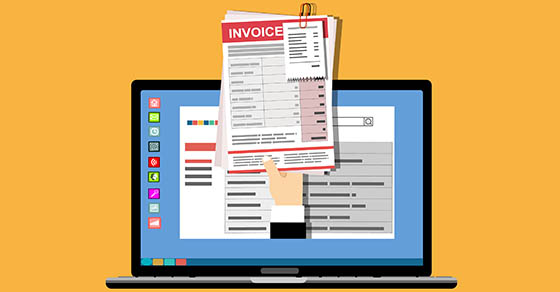If you’re claiming deductions for business meals or vehicle expenses, expect the IRS to closely review them. In some cases, taxpayers have incomplete documentation or try to create records months (or years) later. In doing so, they fail to meet the strict substantiation requirements set forth under tax law. Tax auditors are adept at rooting out inconsistencies, omissions and errors in taxpayers’ records, as illustrated by one recent U.S. Tax Court case. (T.C. Memo. 2024-82)
Facts of the case
The taxpayer operated a software installation, training and consulting business. She claimed substantial deductions for several tax years. The IRS disallowed many of the deductions and the U.S. Tax Court agreed. Here’s a rundown of some of the disallowed expenses and the reasons why they couldn’t be deducted:
Meals and entertainment. The business owner deducted nearly $9,000 for meal expenses in one tax year and testified the amount was for “working lunches” with the “person she worked for and the developer.” As documentation, she submitted bank statements. The court noted that “bank statements alone do not substantiate the ‘business purpose of the expense’ or the ‘business relationship’ between petitioner and the individuals with whom she dined.” It added: “The cost of eating lunch during the workday is not — without more — a deductible business expense.”
Supplies. The taxpayer deducted more than $17,000 for supplies purchased during two tax years. She testified that these included “desks, monitors, office equipment, paper, printers, [and] anything that was pertinent to the business itself.” To substantiate her reported expenses, the taxpayer submitted receipts from office supply stores. However, the receipts were dated later than the tax years in question, and they covered (among other things) purchases of soda dispensers and gift cards. The court noted that “some of these purchases appear personal” and all were made after she terminated her consulting business.
Home office expenses. Over two years, the taxpayer deducted $21,393 for the business use of a home office. But the court ruled that she “failed to prove that the ‘focal point’ of her software consulting business was her home.” At trial, she testified that she was required to be on site at a client’s office much of the time. In addition, she didn’t supply evidence to establish how much time she worked from home or what (if any) portion of her residence was used exclusively for business purposes.
Other expenses the court disallowed included attorney’s fees, utilities, hotel stays and vehicle expenses. In all cases, the taxpayer didn’t substantiate with adequate records or sufficient evidence that the expenses were related to her business.
Best practices
This case exemplifies why it’s critical to maintain meticulous records to support business expense deductions. Here’s a list of DOs and DON’Ts to help meet the strict IRS and tax law substantiation requirements for these items:
DO keep detailed, accurate records. For example, for each business meal, record the amount, date, place, business purpose, and the business relationship of any person you dine with. If you have employees whom you reimburse for meals, travel and vehicle expenses, make sure they’re complying with all the rules.
DON’T reconstruct expense logs at year end or wait until you receive a notice from the IRS. Take a moment to record the details in a log or diary or on a receipt at the time of an event or soon after. Require employees to submit weekly or monthly expense reports.
DO respect the fine line between personal and business expenses. Be careful about combining business and pleasure. Your business checking account and credit cards shouldn’t be used for personal expenses.
DON’T be surprised if the IRS asks you to prove your deductions. Vehicle, travel, meal and home office expenses are attention magnets. Be prepared for a challenge.
Stand up to scrutiny
With organization and our guidance, your tax records can stand up to IRS inspection. There may be other ways to substantiate your deductions. In addition, there may be a way to estimate certain deductions (called “the Cohan rule”), if your records are lost due to a fire, theft, flood or other disaster.
© 2025
